The application of the copper valve is gradually extended, here are some questions and answers about it
What are the types of copper valves?
A: There are many types of copper valves, the common are ball valves, gate valves, globe valves, butterfly valves and so on. Different types of copper valves are suitable for different occasions and uses, such as ball valves for cutting off and connecting fluids, gate valves for opening and closing fluids, and globe valves for regulating the flow of fluids.
What are the advantages of copper valves?
A: Copper valve have the following advantages:
a. Strong corrosion resistance: Copper alloy materials have good corrosion resistance to most corrosive media, and can effectively protect the valve from corrosion.
b. Good sealing performance: Copper valve uses metal seal, sealing performance is good, to ensure that the fluid does not leak in the pipeline.
c. High strength: Copper valves are made of metal materials with high strength and can withstand high pressure.
d. Wear resistance: The copper valve has little friction resistance to the fluid, so it has good wear resistance.
e. Easy maintenance: Copper valve structure is simple, easy to repair and replace.
How to choose the right copper valve?
A: Choosing the right copper valve needs to consider the following factors:
a. Use: Select different types of copper valves according to different use occasions, such as ball valves for cutting off and connecting fluids, gate valves for opening and closing fluids.
b. Size: Select the appropriate valve size according to pipe diameter and fluid flow.
c. Pressure: Select the appropriate valve pressure level according to the fluid pressure.
d. Material: Select the appropriate copper alloy material according to different corrosive media.
e. Cost: Select cost-effective copper valves according to the budget.
What are the precautions for the use of copper valve?
A: Precautions for the use of copper valves include:
a. Check whether the valve is closed before operation.
b. Pay attention to gradual adjustment when opening or closing the valve to avoid damage to the sealing surface caused by sudden excessive opening and closing.
c. In the process of use, if the leakage phenomenon is found, the use should be stopped immediately, and timely maintenance.
If you have read this article and have any questions, please feel free to contact IFAN. Below is our contact information: Whatsapp:+86 13373827623
Email:[email protected]

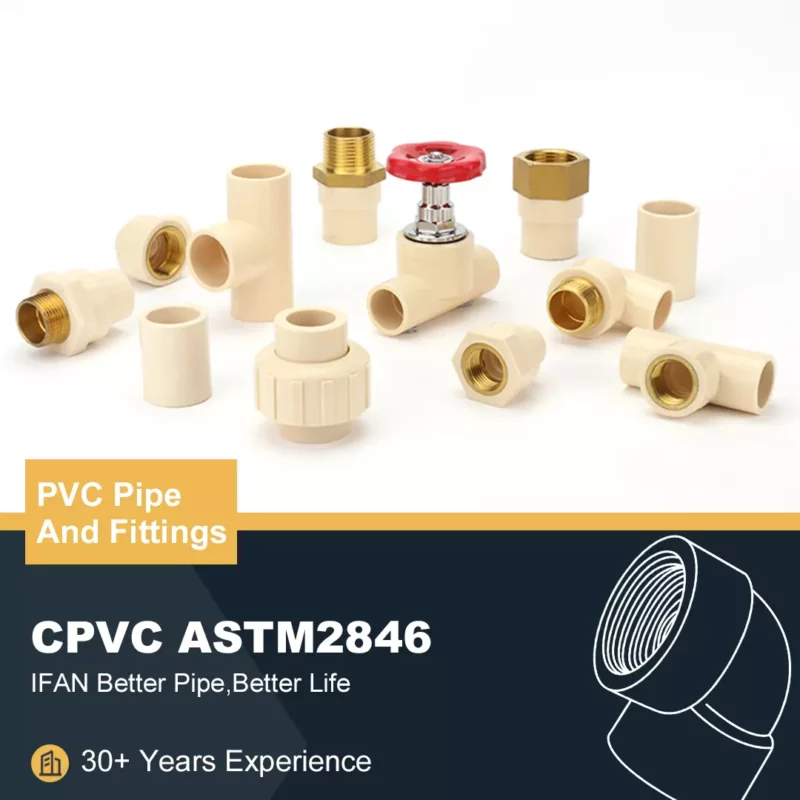
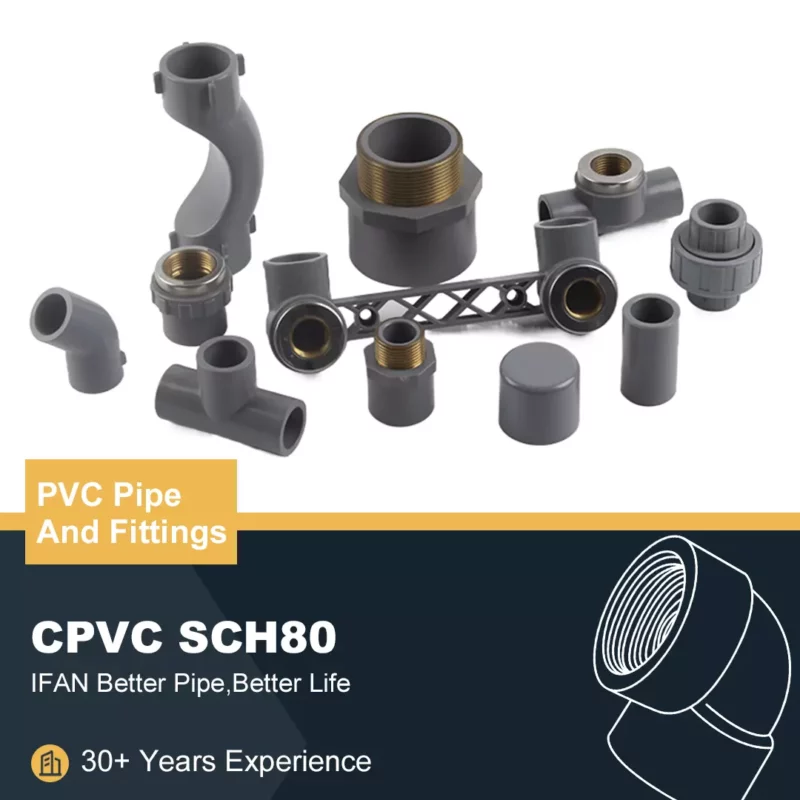
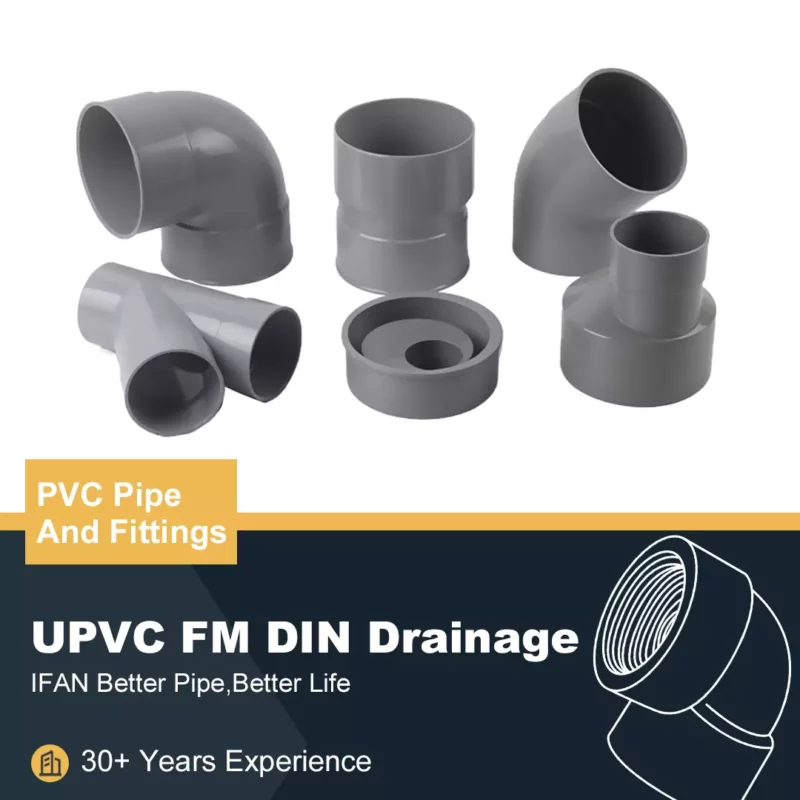
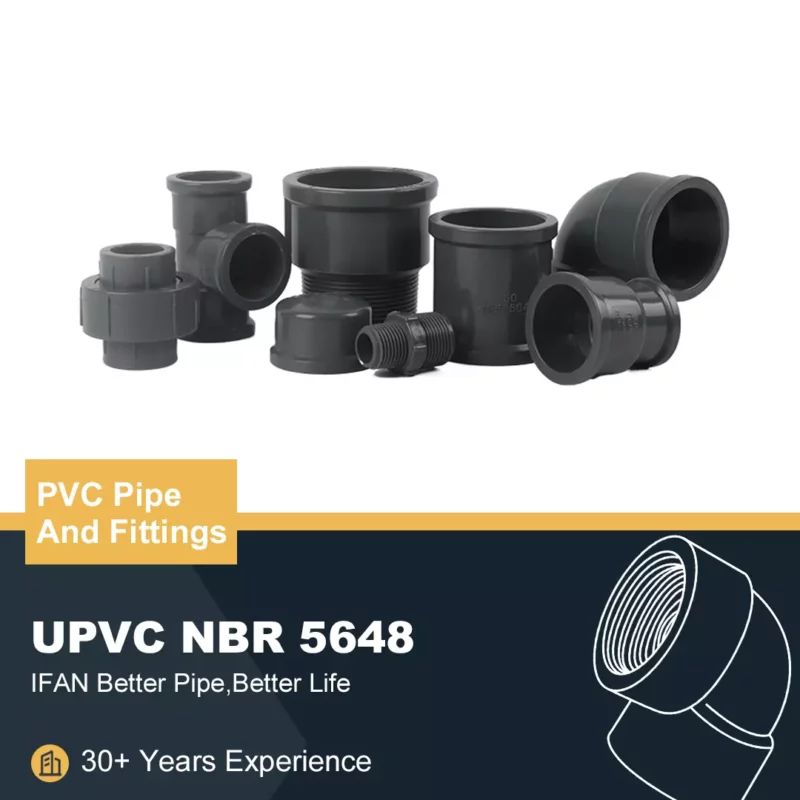
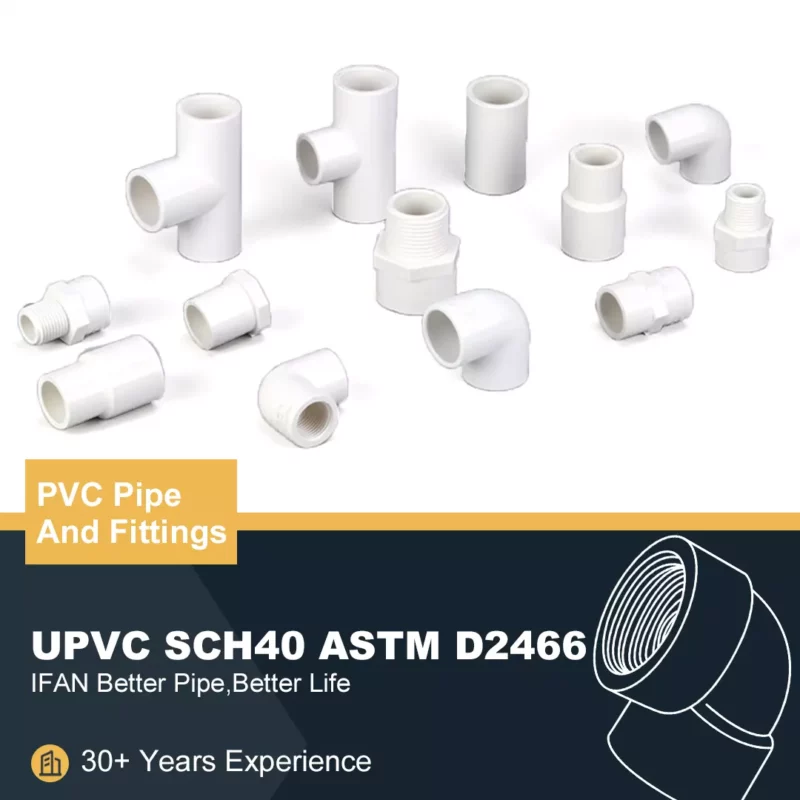
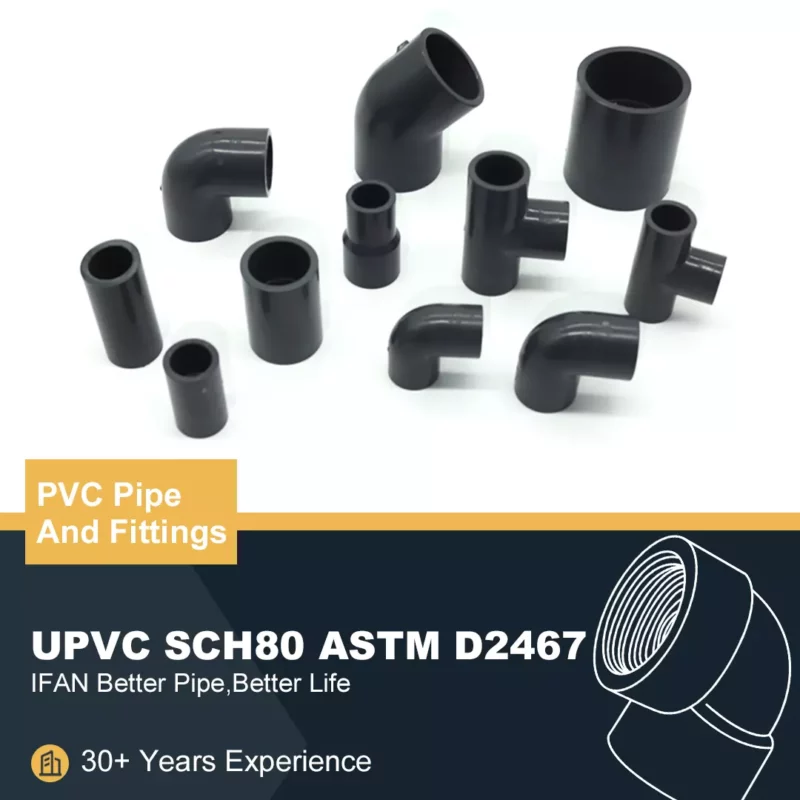
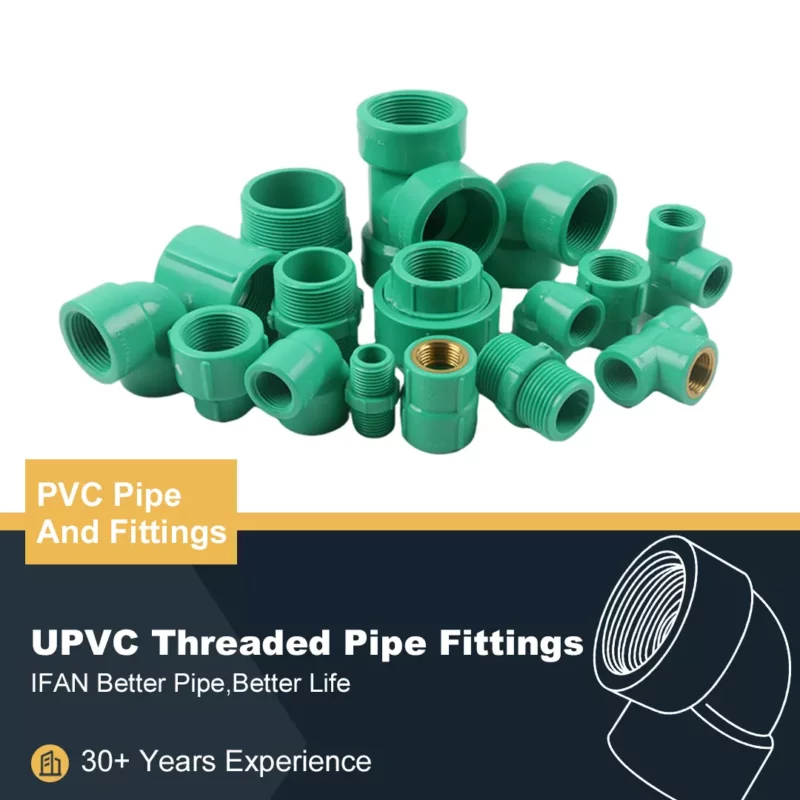
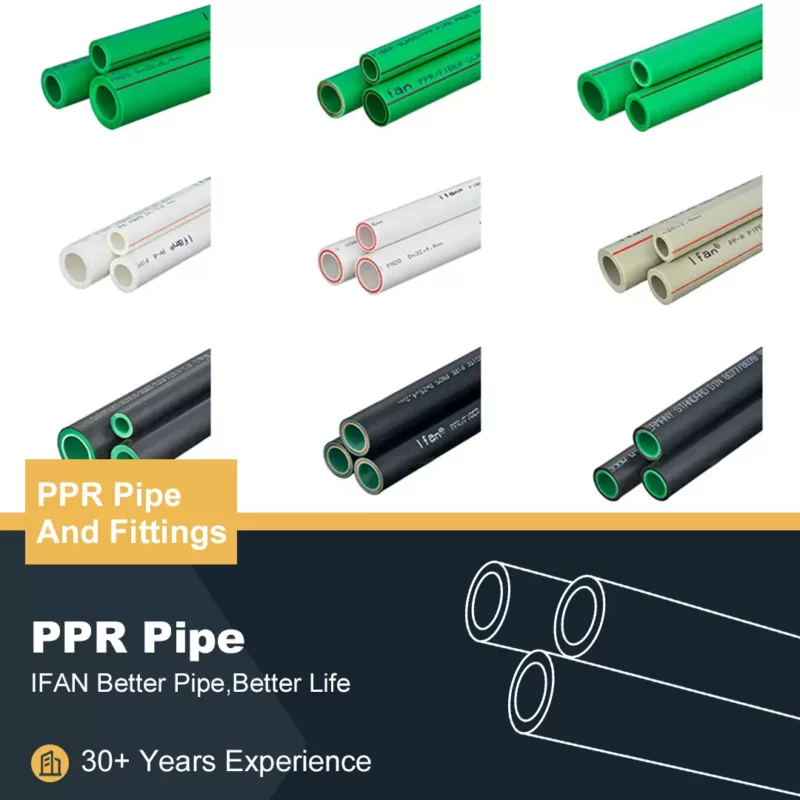
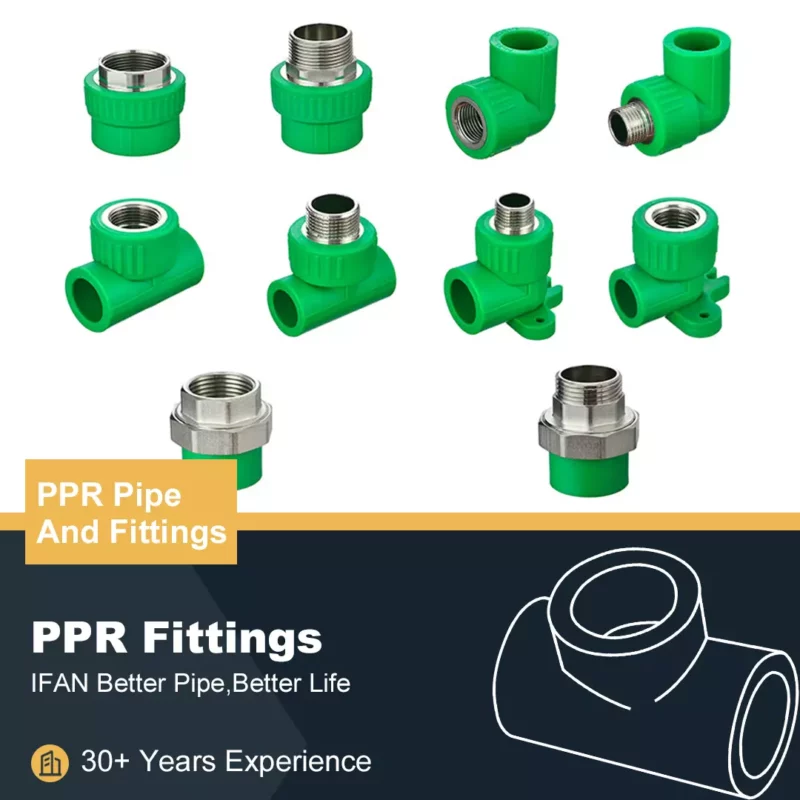
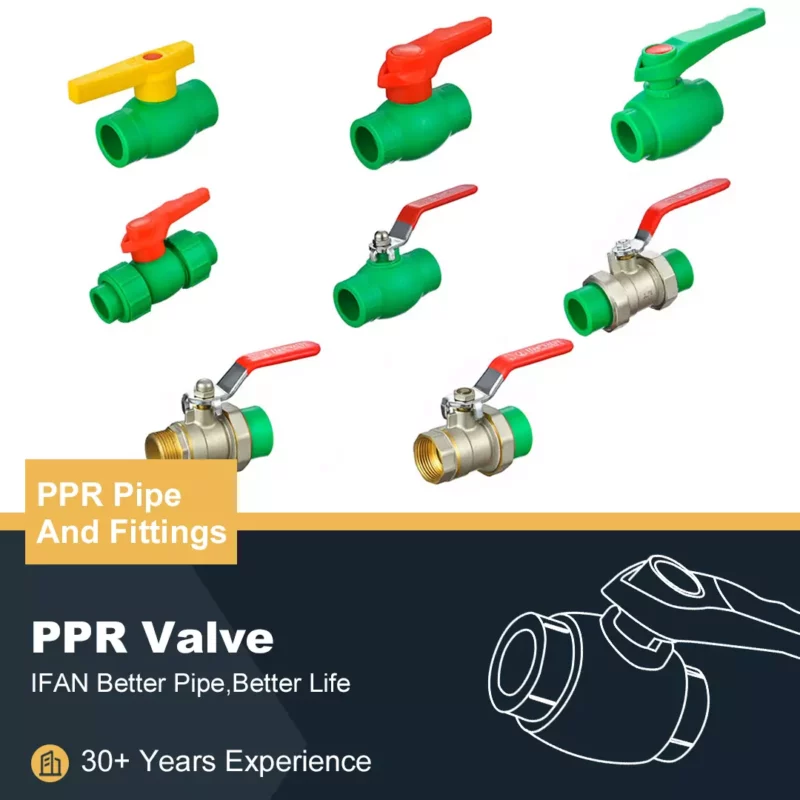
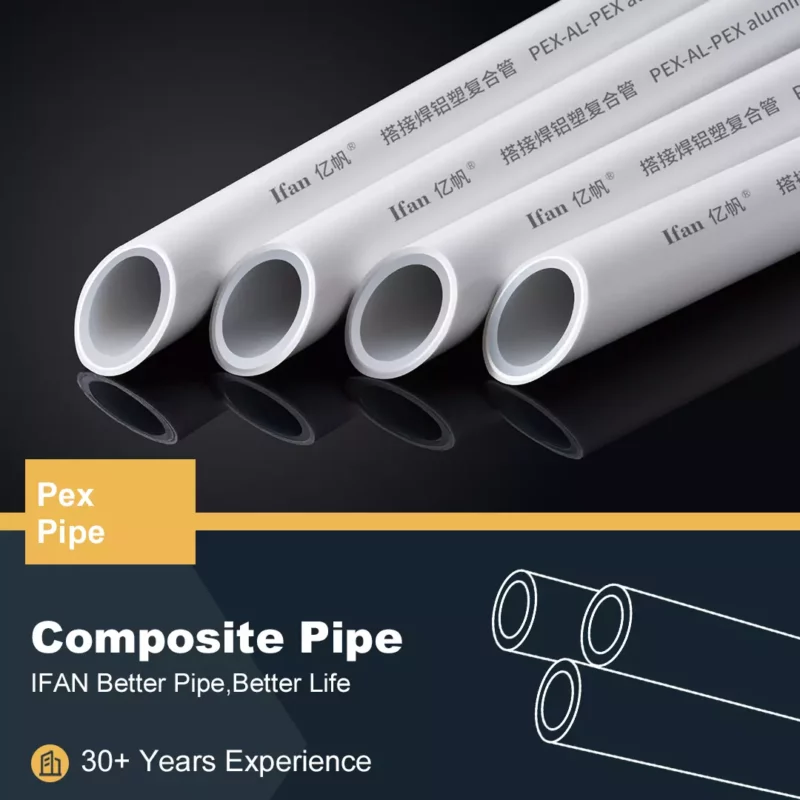
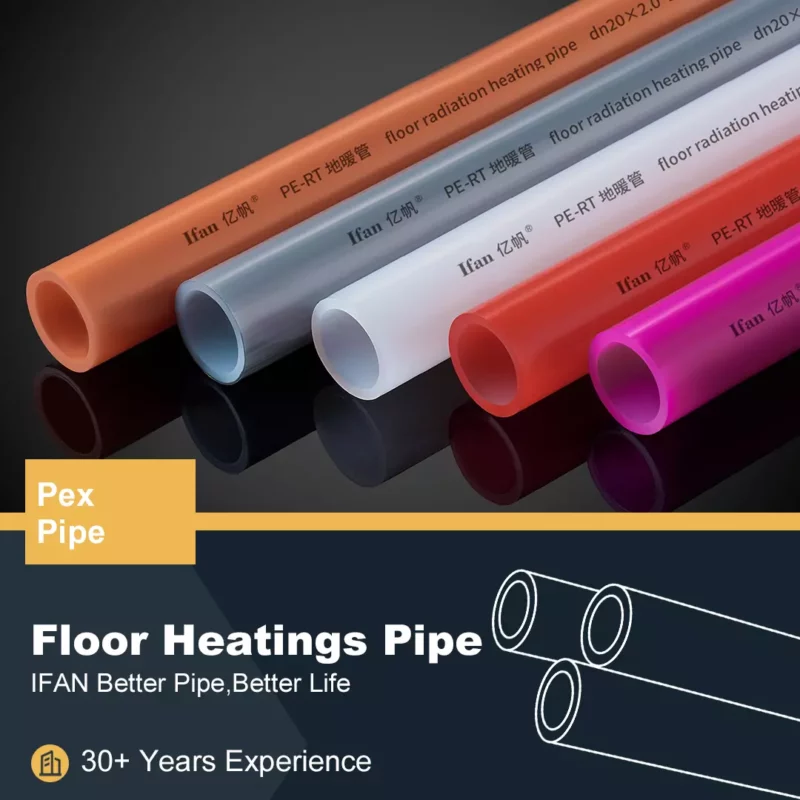
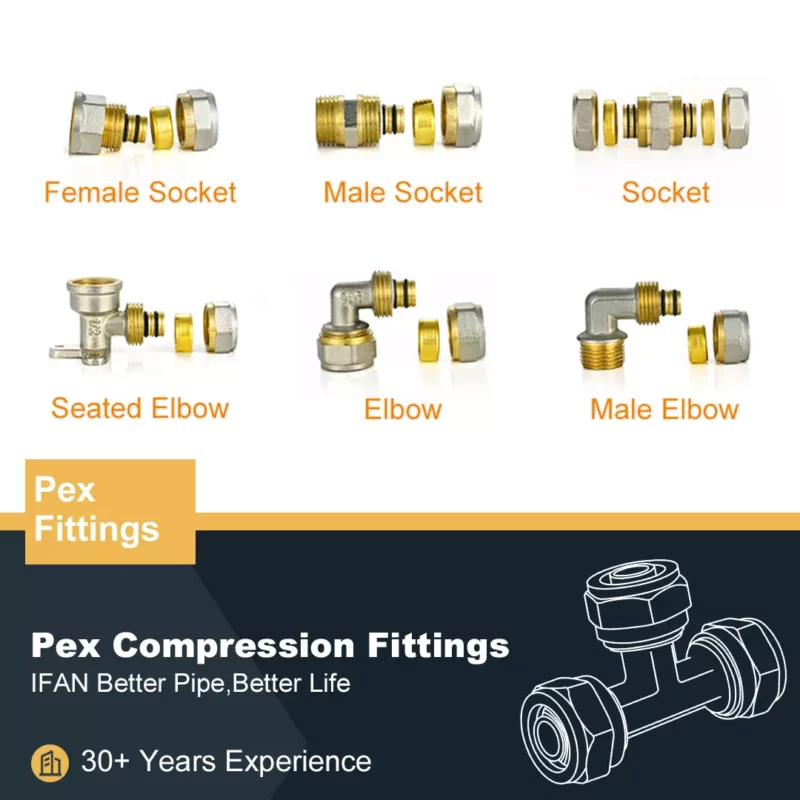
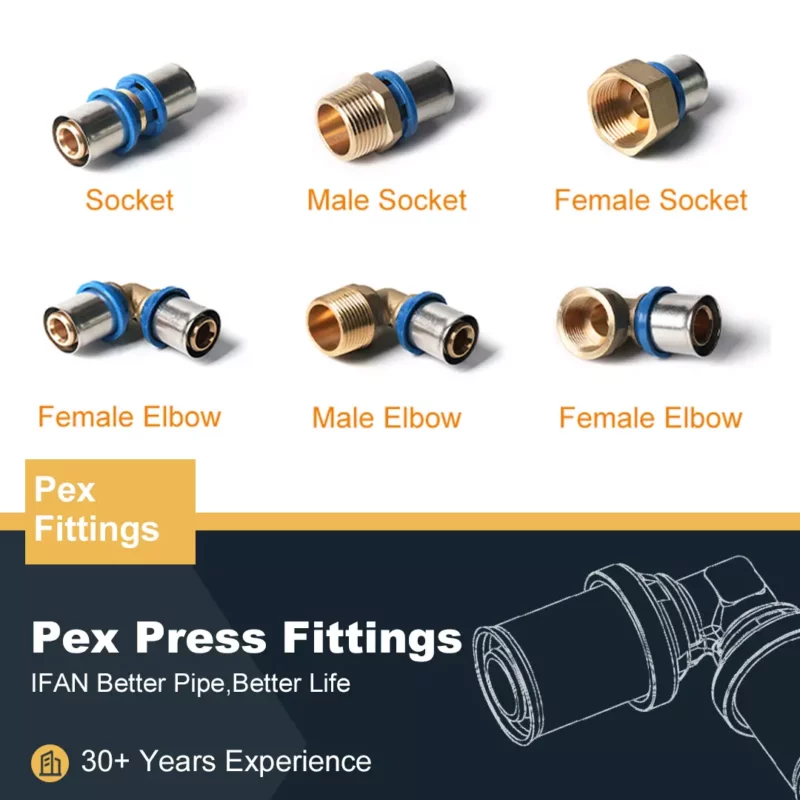
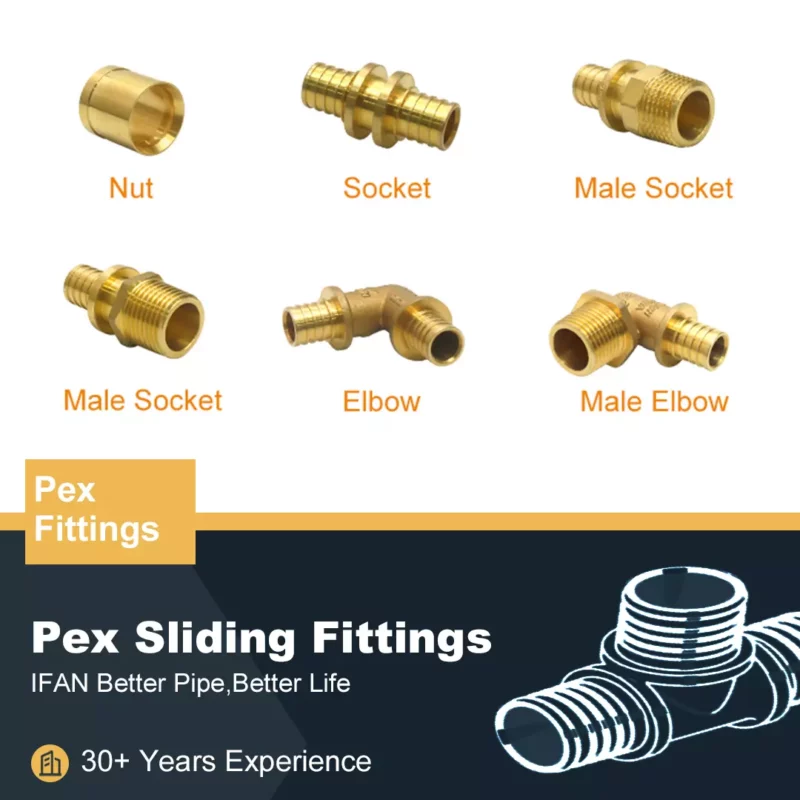
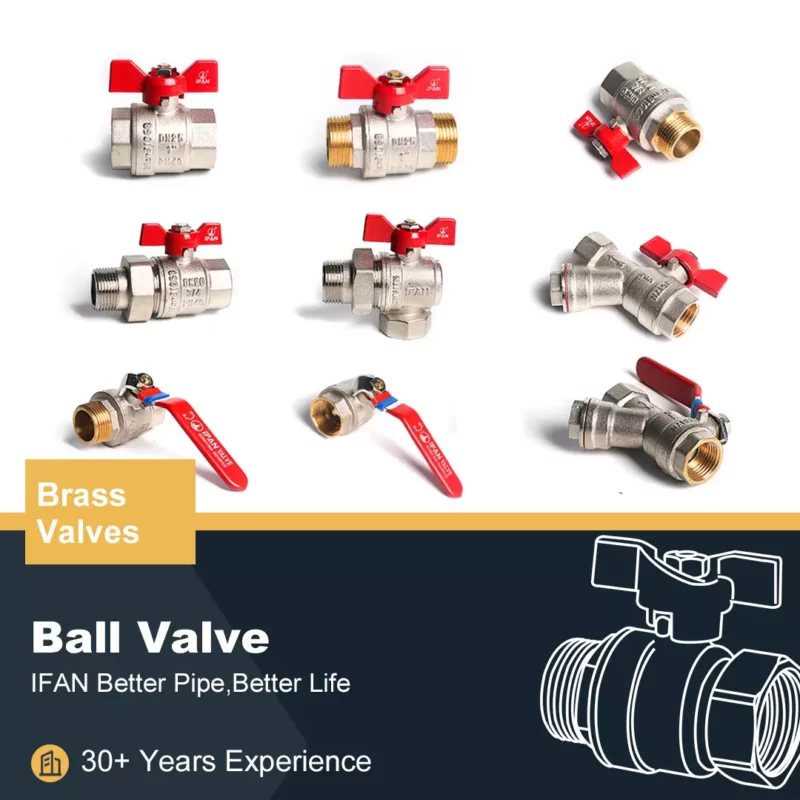
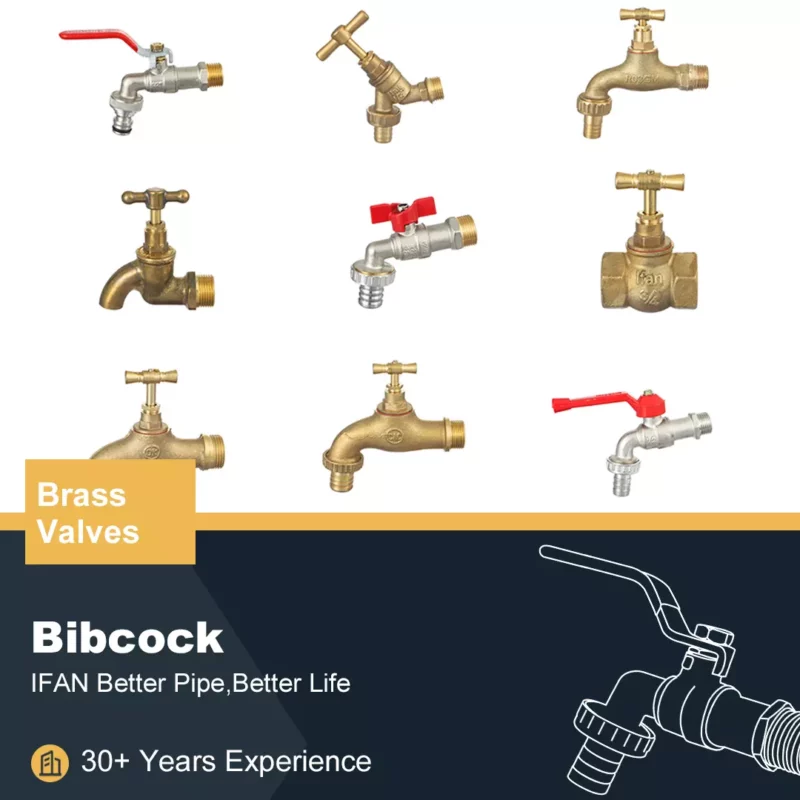
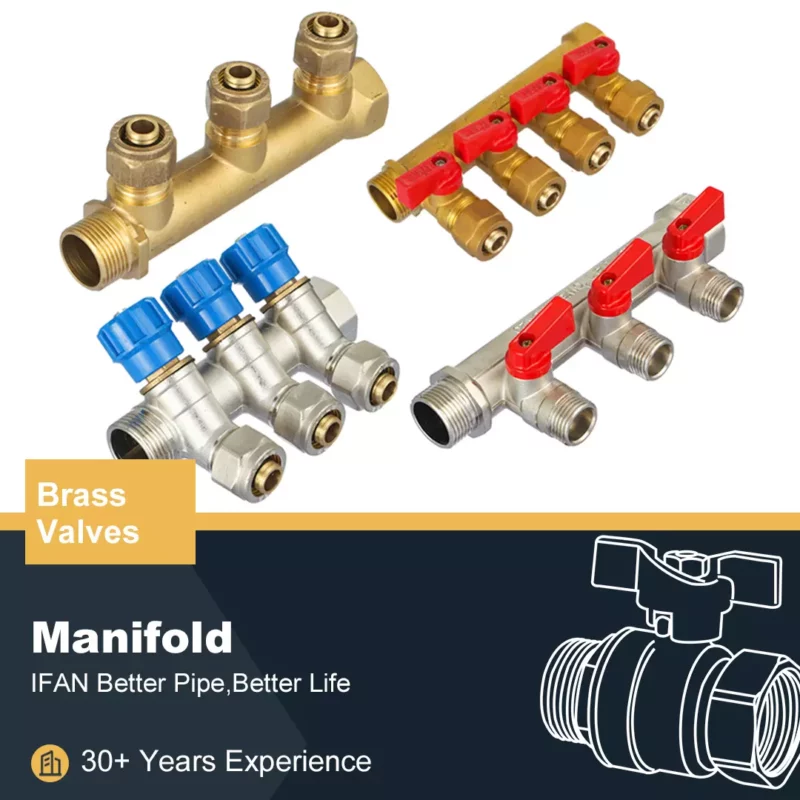
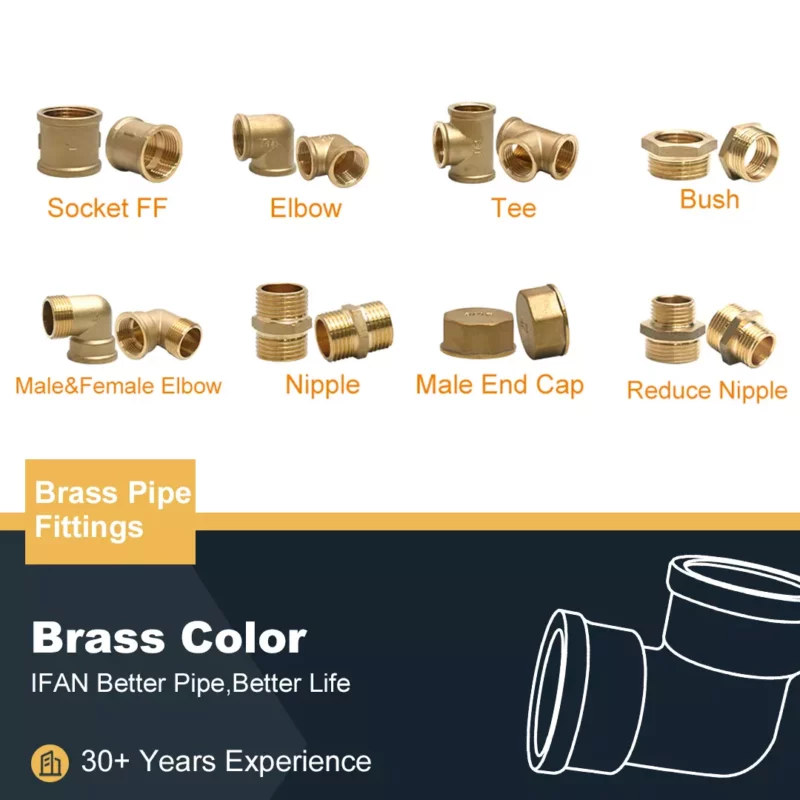
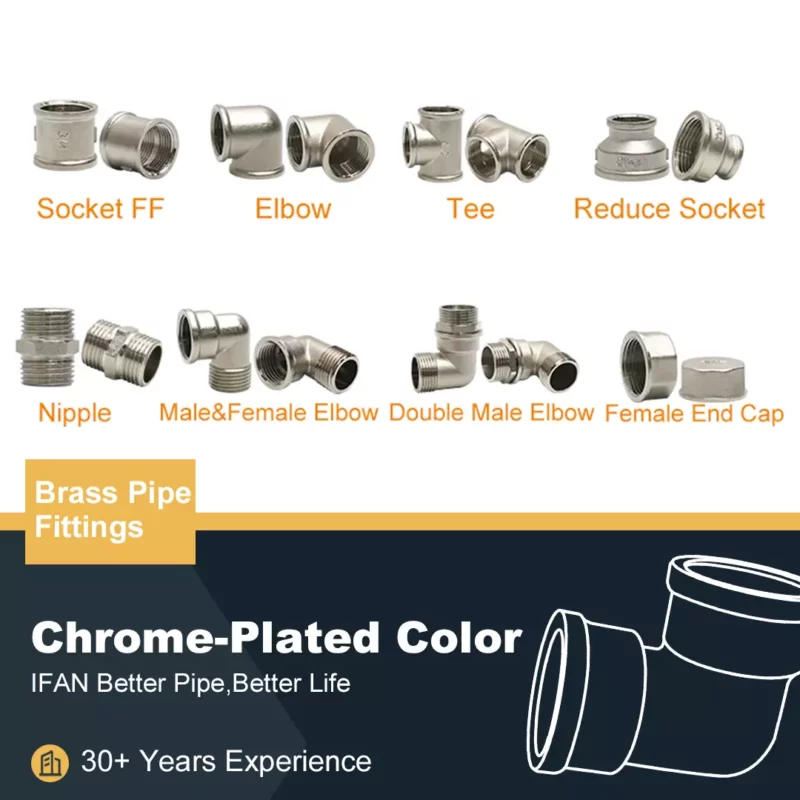
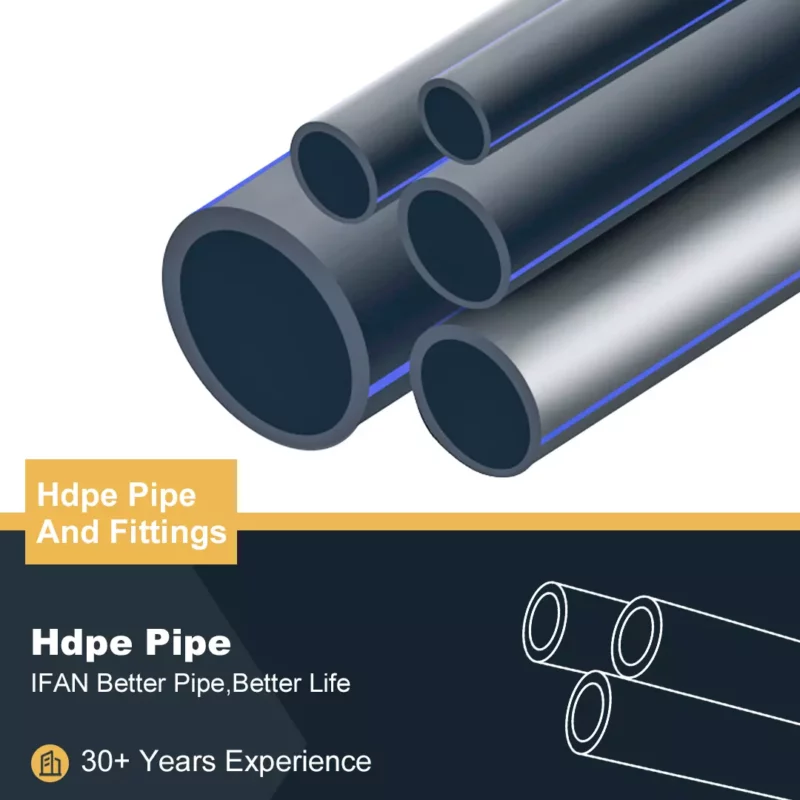
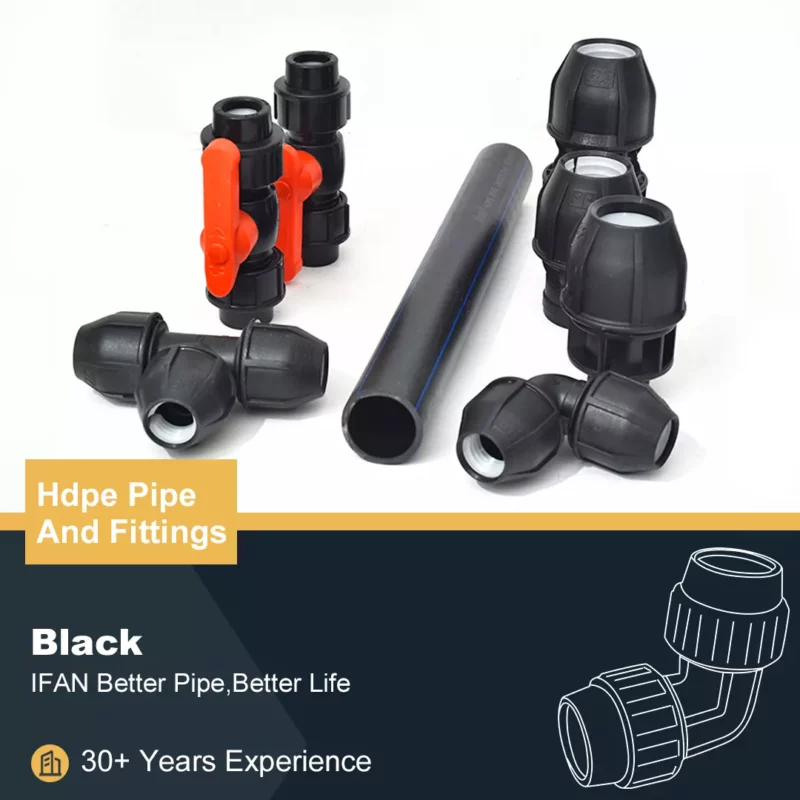
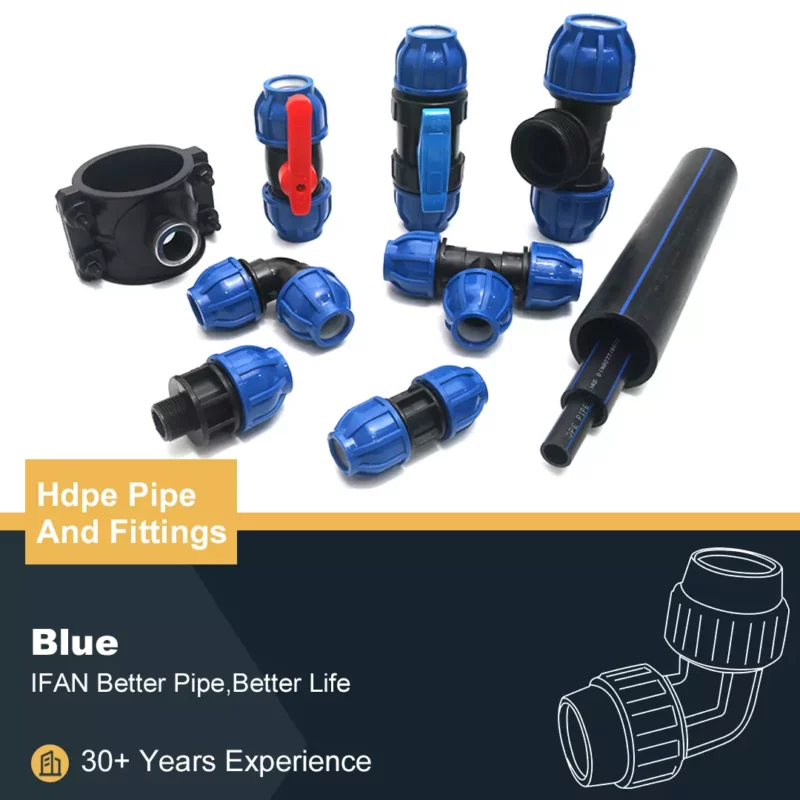
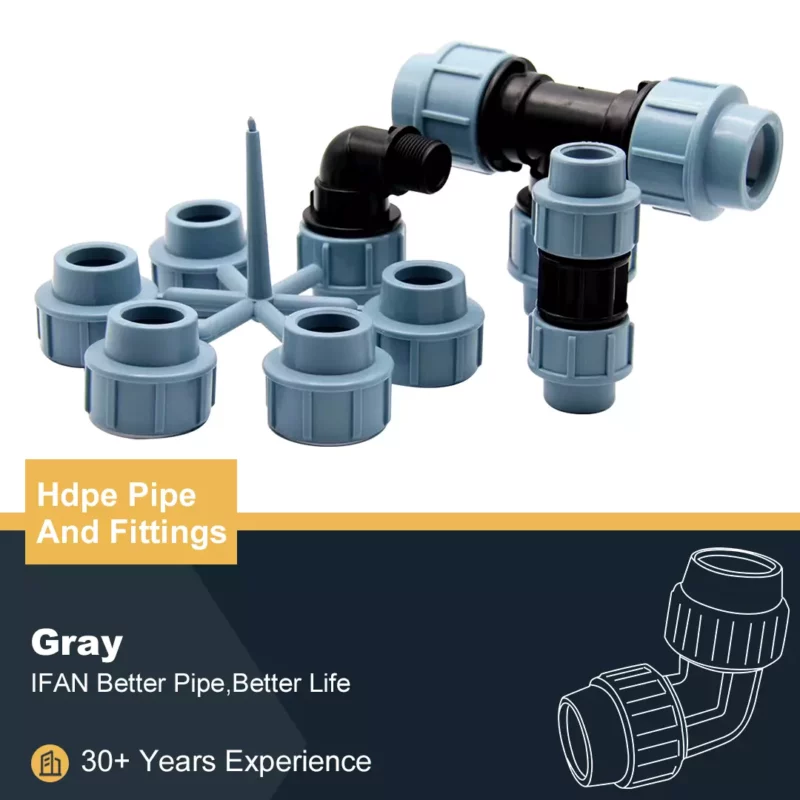
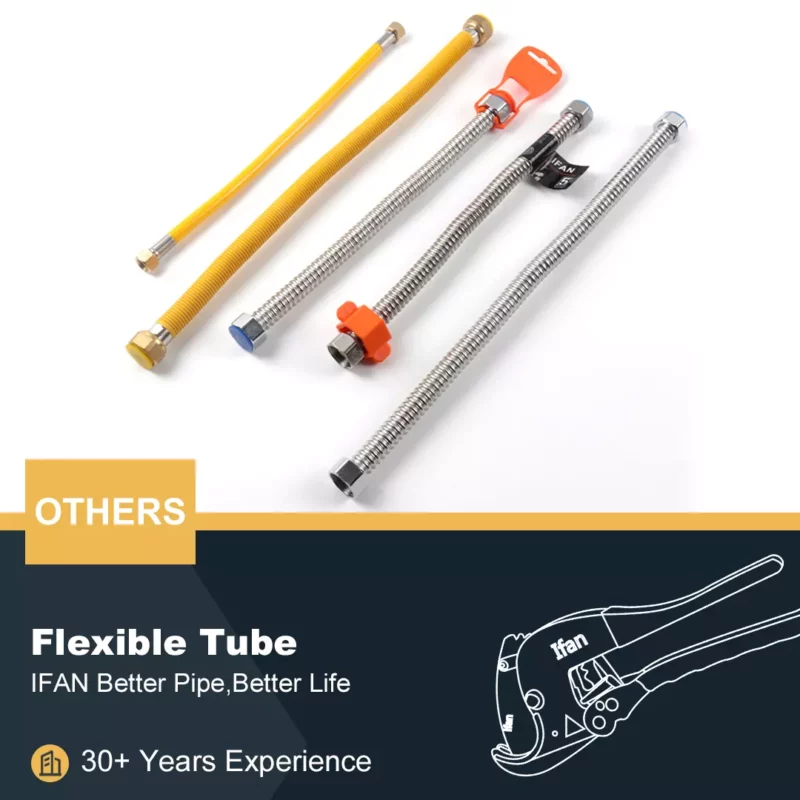
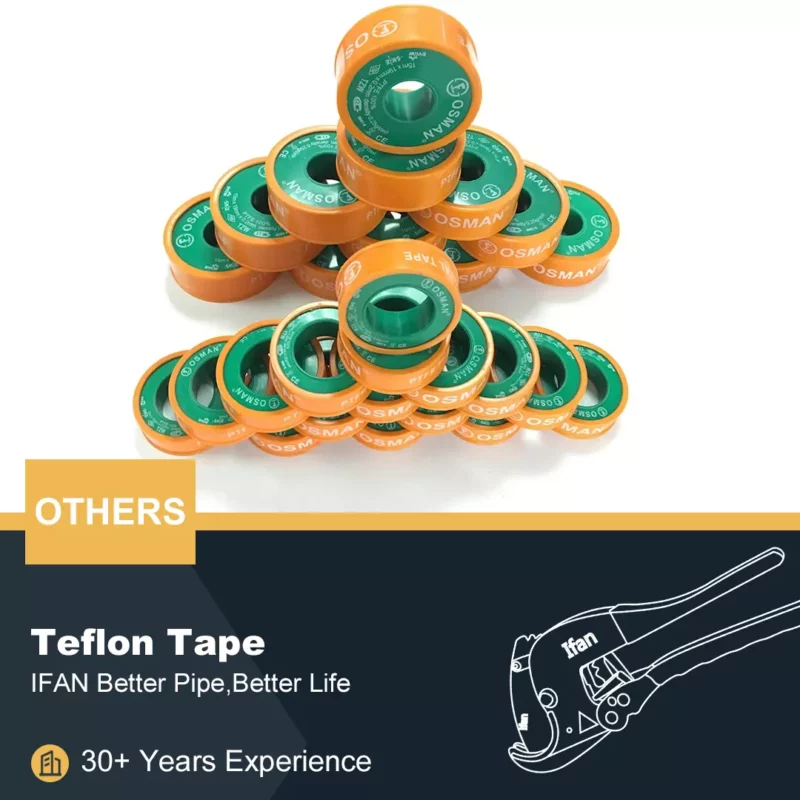
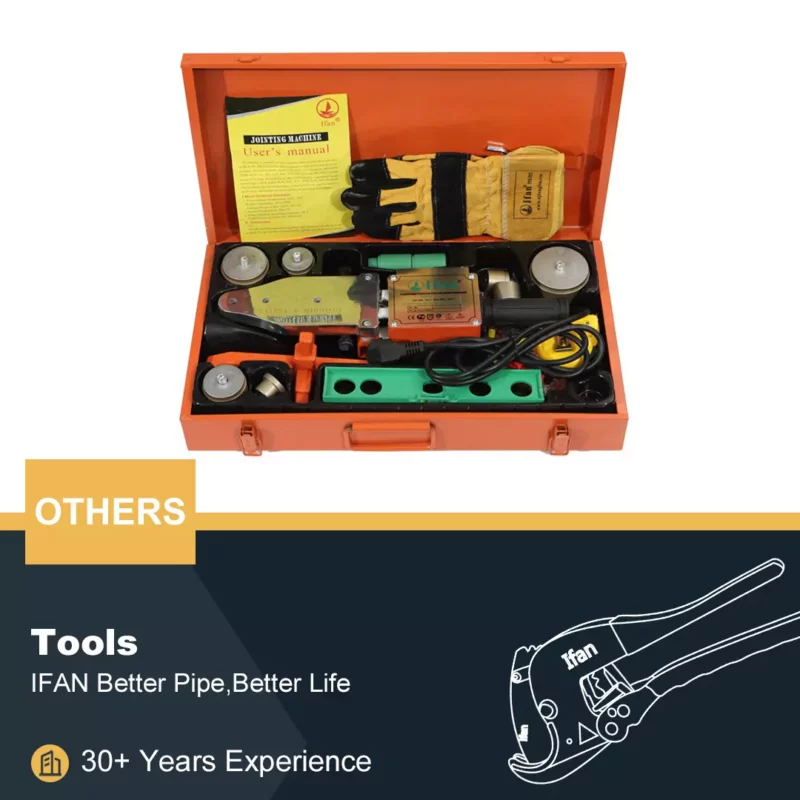




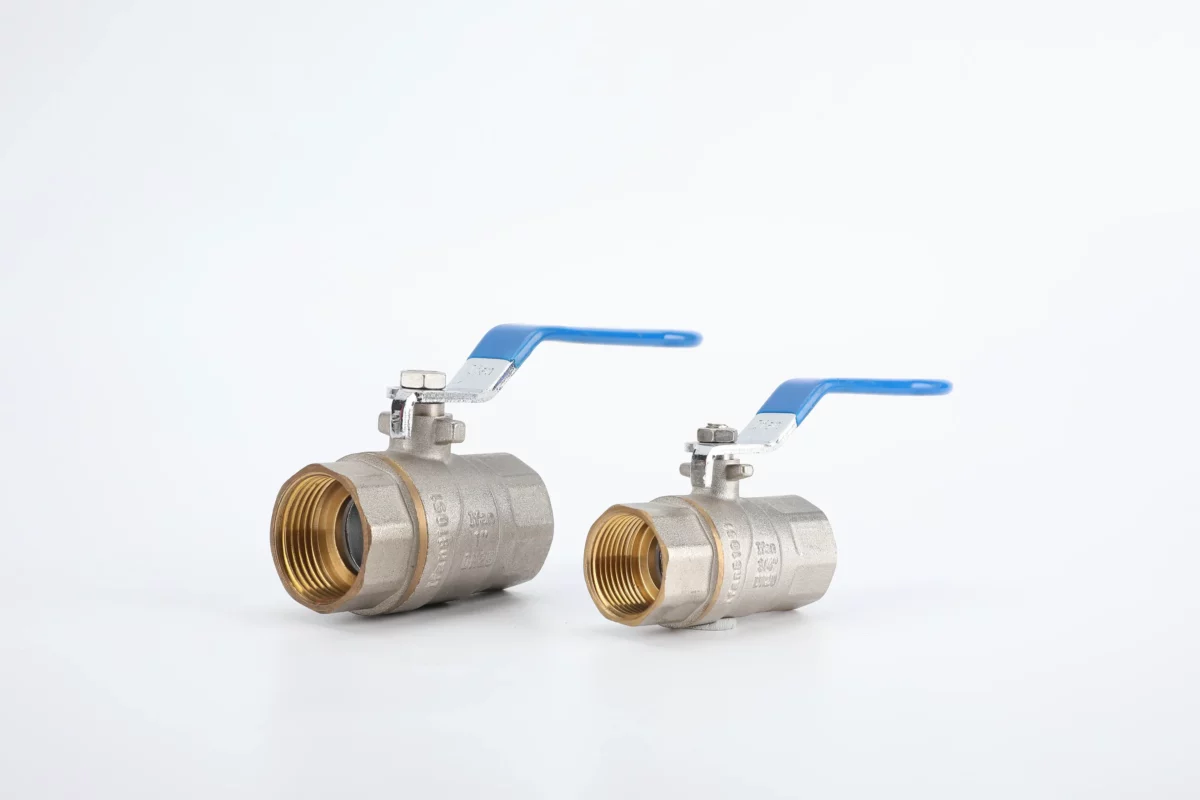
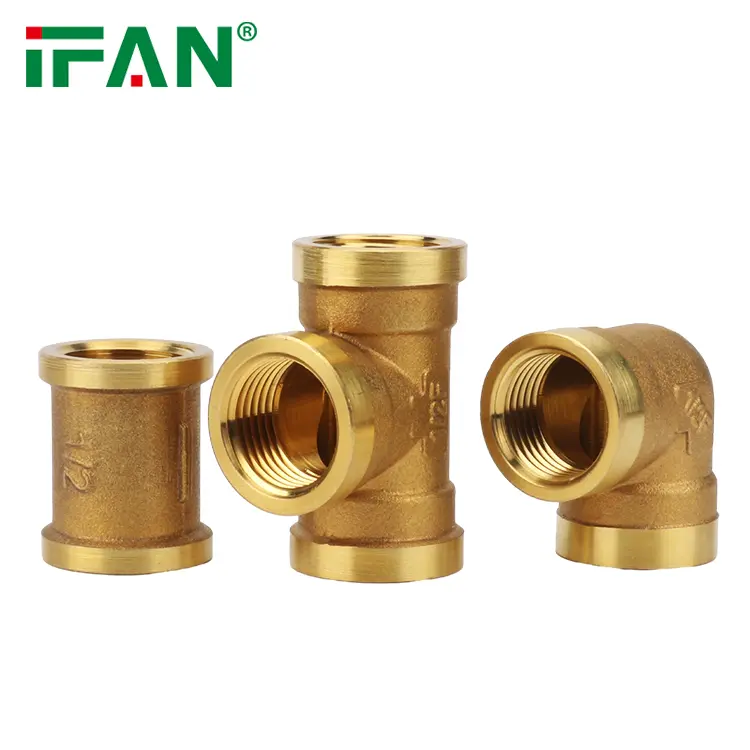
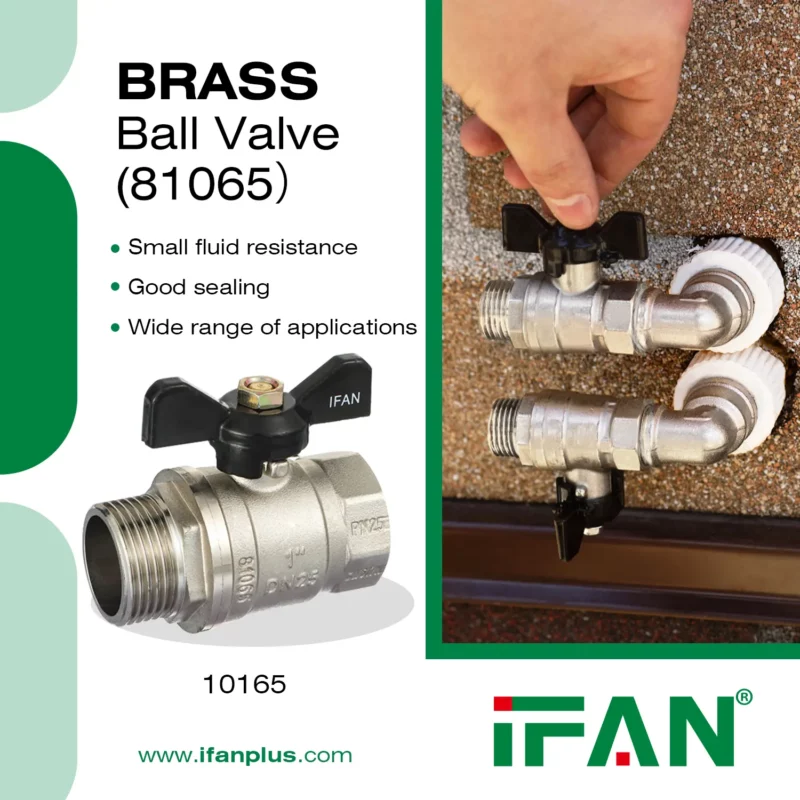

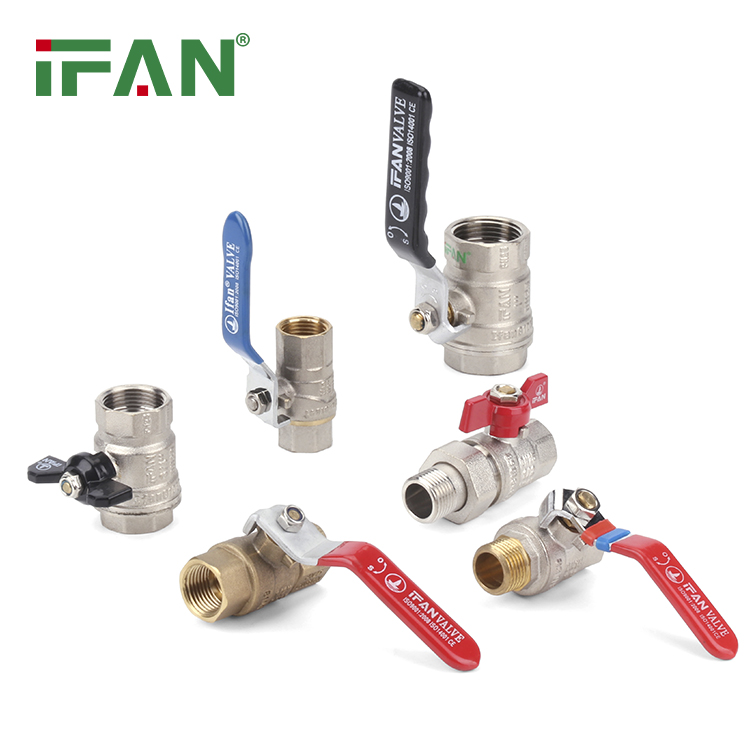
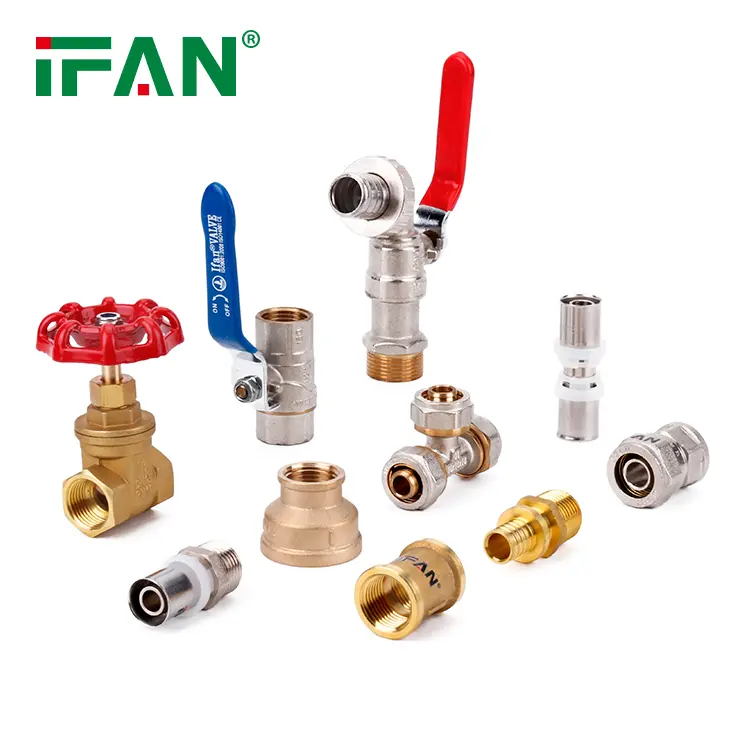
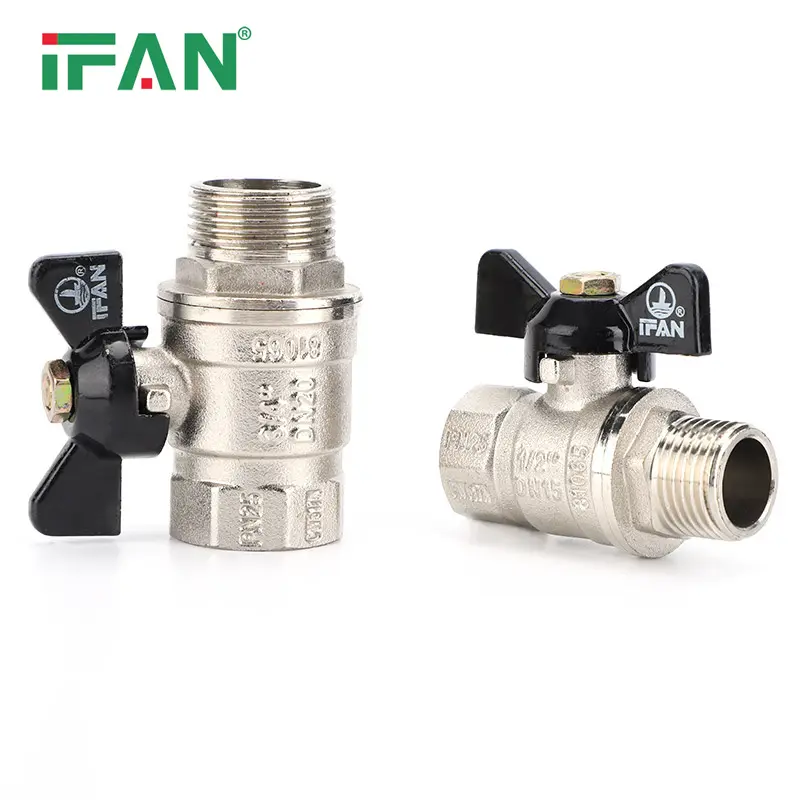
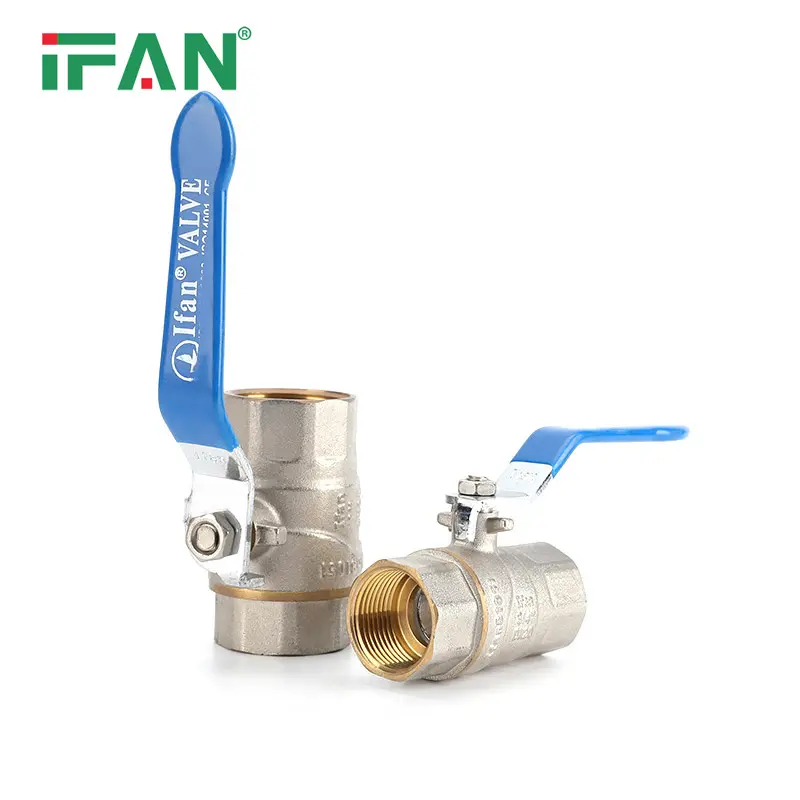




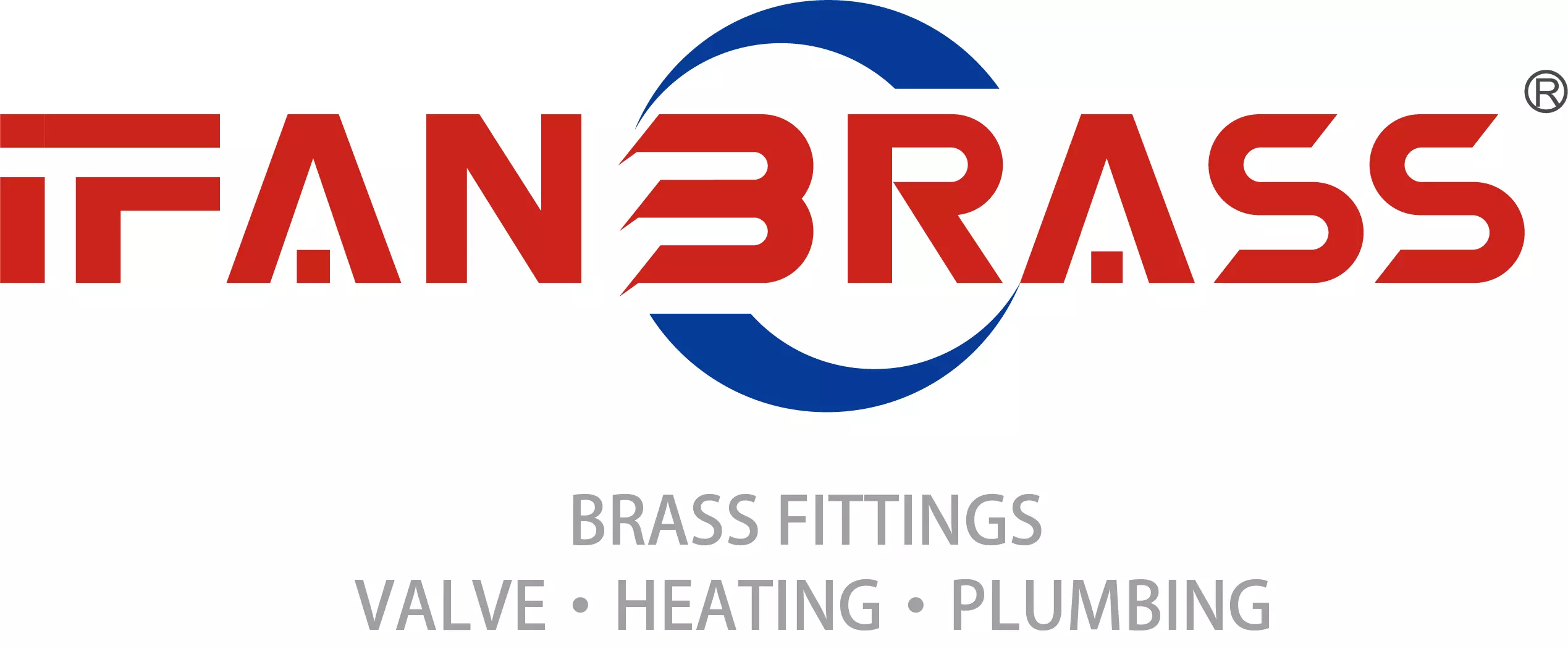





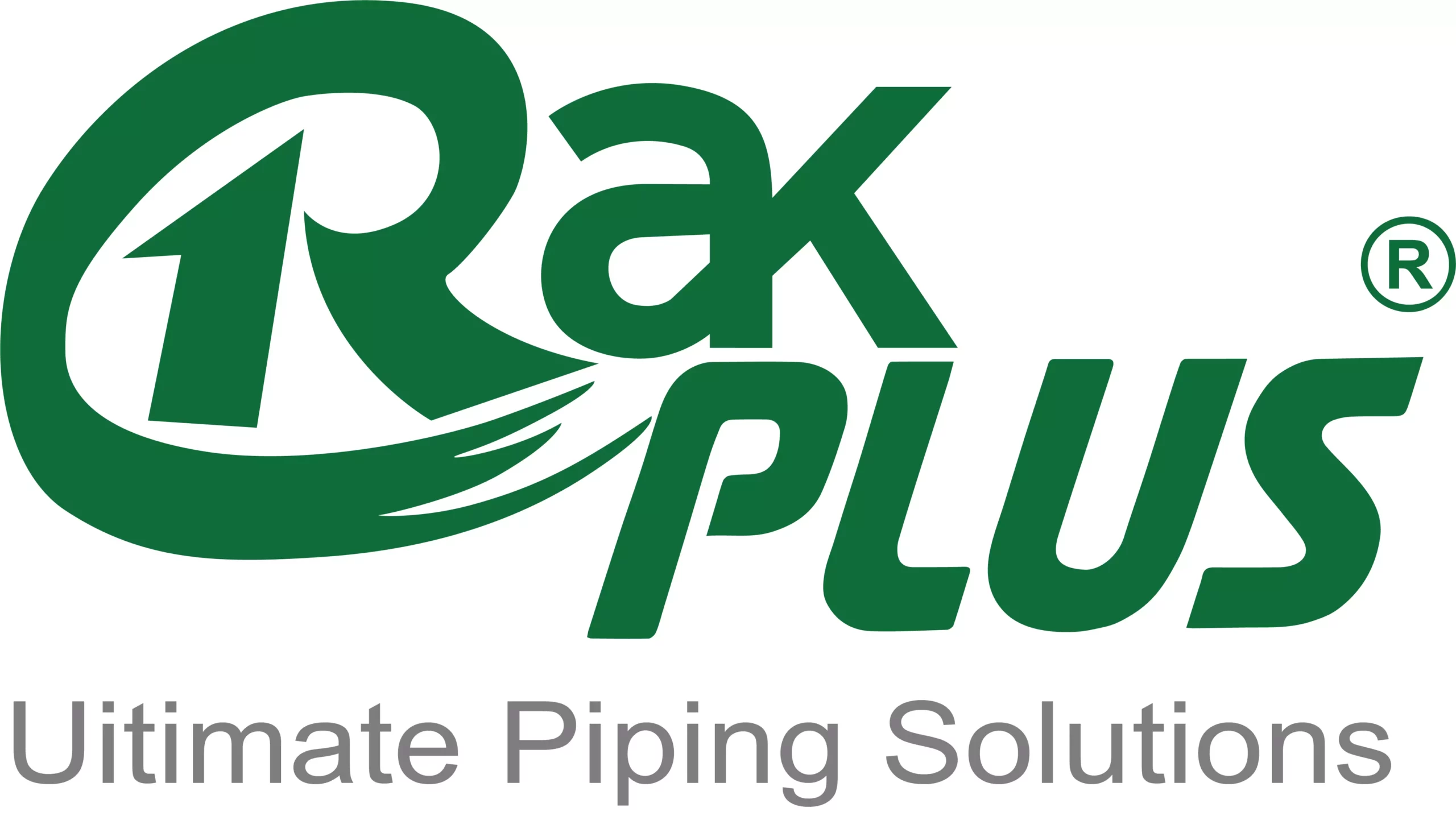
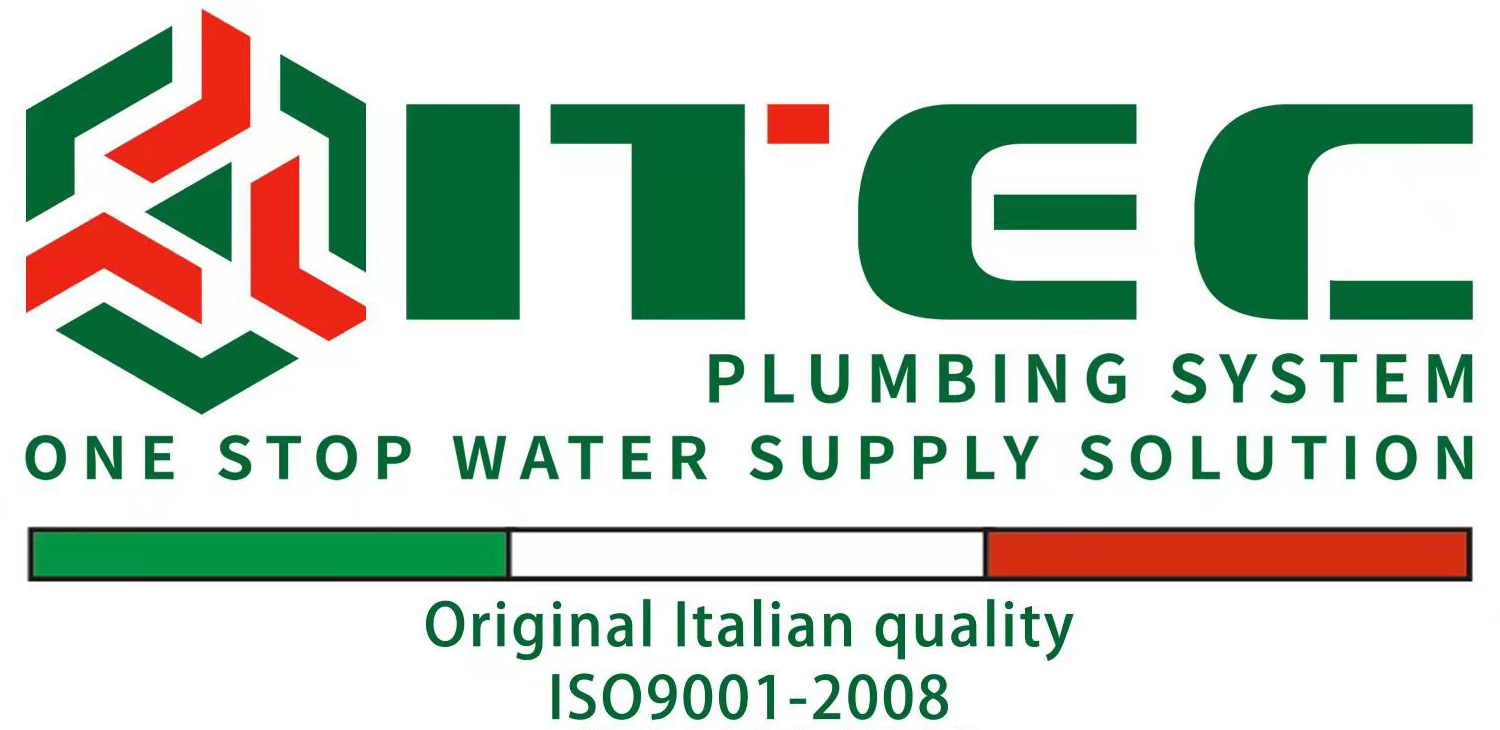

I don’t think the title of your article matches the content lol. Just kidding, mainly because I had some doubts after reading the article.